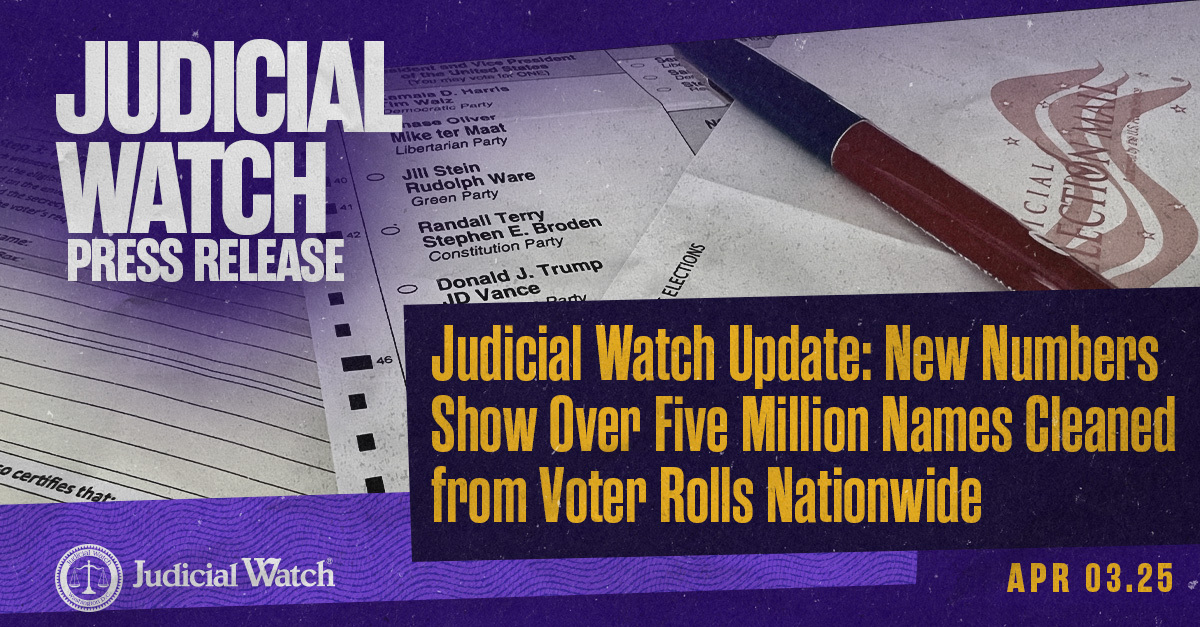
Govt. Hires More Criminals to Comply with Biden Diversity, Equity, Inclusion Order

To comply with a Biden executive order requiring diversity, equity and inclusion in the federal workforce by, among other things expanding employment opportunities for convicted individuals, government agencies must “widely publicize” they are “hiring persons with criminal conduct issues in their background checks” according to the Equal Employment Opportunity Commission (EEOC), which enforces the nation’s workplace discrimination laws. Job applicants with criminal records are rarely eliminated from government jobs since the president issued the directive, the EEOC concedes, but more must be done to accommodate them and, when conducting background checks, the agency says employers should take a holistic approach with consideration for mitigating circumstances.
In two reports issued this month, the EEOC explains that a year before Biden’s order an agency task force charged with identifying vulnerable workers and finding ways to better serve them classified “formerly incarcerated persons as one category of vulnerable workers due to the challenges they face in securing employment after their incarceration.” Years ago, the agency also made background checks related to arrest and conviction records among its “national substantive area priorities because African Americans and Latinos are disproportionately incarcerated.” The recently published reports examine in-depth the federal employment of workers with arrest or conviction records. “These reports show that federal agencies are hiring qualified individuals with prior arrests or convictions in their background checks,” the EEOC confirms in a press release.
The first paper (Second Chances Part I) explores how likely people with prior arrests or convictions are to work in the federal sector and whether laws that govern the timing of background checks during the recruiting process better protect applicants from discrimination. “This report presents evidence that, from 2003 to 2017, the Federal sector may have had higher barriers to employment for formerly incarcerated workers than elsewhere in the economy,” the EEOC writes in the document. However, the agency found that the government’s policy of “delaying arrest and conviction record inquiries in the hiring process” has helped immensely and provides the agency with more opportunity to protect the applicants with criminal records. In fact, the probe determined that “so-called ban-the-box policies, which generally prohibit criminal background checks until after a conditional job offer is made, led to significantly more meritorious complaints per month.” As an example, the agency offers that “Black men, in particular, are arrested and incarcerated at rates disproportionate to their numbers in the national population,” providing the EEOC with a basis to launch disparate impact investigations.
The second document (Second Chances Part II) examines how often background investigations for federal employment found criminal conduct and how often the criminal conduct received an unfavorable suitability determination. Between 2018 and 2020 around 22% of federal background investigations for civil service jobs found criminal conduct issues, the EEOC found. Only 2% had unfavorable determinations leading to actions such as not hiring the applicant or removing them from their position after starting. “In cases with criminal conduct as an issue, over three-fourths of determinations were favorable, allowing the candidate to work in the Federal Government,” the report states. Nevertheless, the agency has determined that this is not enough, that Uncle Sam must actively recruit job candidates with criminal histories, recommending that the “Federal Government widely publicize this report’s finding that Federal agencies are hiring persons with criminal conduct issues in their background checks.” This is also the document where the EEOC recommends federal agencies take a “holistic approach” involving background checks.
“With certain exceptions, a hiring agency may not make specific inquiries concerning an applicant’s criminal or credit background in oral or written form unless the hiring agency has made a conditional offer of employment to the applicant,” the EEOC warns government employers in Second Chances Part II.
“Persons with a history of arrest, incarceration, or criminal conduct who have rehabilitated and present a low risk for recidivism need opportunities for stable employment. Employment in the Federal Government may help address some of the barriers that persons with past criminal conduct face and ease their reintegration into society.”
















